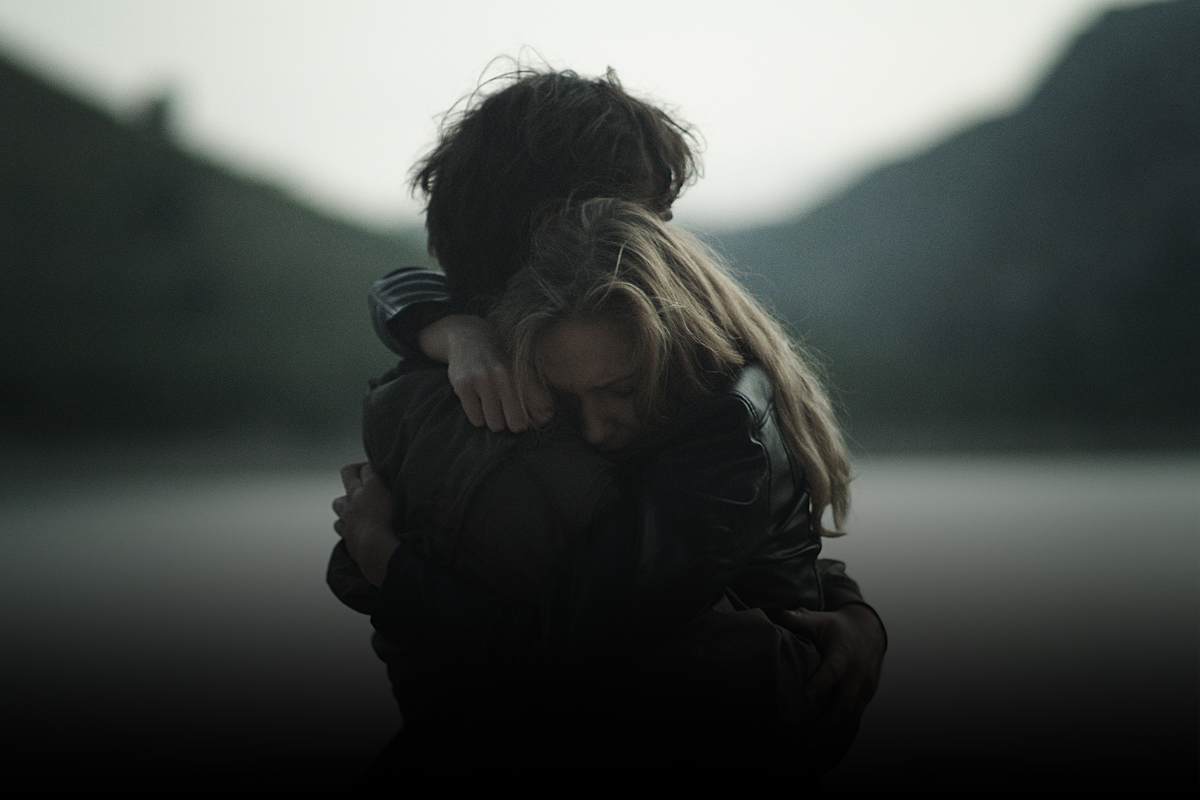Divorce is never an easy process. Emotions run high, and decisions made during stressful times are not always final.
In North Carolina, some couples who begin divorce proceedings later decide to give their marriage another chance.
If you’ve filed for divorce and then reconciled, does that mean that your case automatically ends? Or do you have to take legal steps to stop it?
Today, we will explain what happens and how a divorce attorney can help.
Reconciliation and the Divorce Process in North Carolina
In North Carolina, a divorce is not finalized the moment you file. The process requires:
- Meeting residency requirements (at least one spouse living in the state for six months).
- A one-year separation period before filing for divorce.
- Court filings and hearings before a judge grant the divorce.
If you reconcile at any point before the judge signs the final divorce decree, your case may be dismissed.
However, you will need to take action to make sure the case doesn’t continue moving forward, as it is not as simple.
How to Stop the Divorce if You Reconcile
- Voluntary Dismissal – If you no longer want the divorce, you or your attorney can file a Notice of Voluntary Dismissal with the court.
- Mutual Agreement – If both spouses agree to stop the divorce, the process is straightforward. If only one spouse reconciles but the other does not, the case will likely proceed.
- Timing Matters – If you reconcile after the final decree is signed, your divorce is legally binding. You would need to remarry if you later decide to be together.
What Happens to Custody, Support, or Property Agreements?
If you have already reached temporary agreements during the divorce process, such as child custody or spousal support, those orders may no longer apply once the case is dismissed. However, if you signed a Separation Agreement and Property Settlement (SAPS), it remains legally binding unless both parties agree to void it.
This is why it’s important to carefully review all legal documents with your attorney before ending a divorce case.
Do You Need a Lawyer to Reconcile After Filing?
While reconciliation is a personal decision, there are legal consequences to consider. A North Carolina family law attorney can help you:
- Properly dismiss the divorce case.
- Review or revise any separation agreements.
- Advise on whether reconciliation affects custody, property, or financial arrangements.
Having legal guidance ensures that no hidden obligations remain after reconciling.
Key Takeaways
- Reconciling before the final divorce decree means you can stop the case, but you must file the proper paperwork.
- Any separation agreements may still be enforceable unless both spouses agree otherwise.
- Once a divorce is finalized, reconciliation requires remarriage.
- Legal advice is essential to make sure your rights and obligations are clear.
Why You Need a Divorce Lawyer and What to Do If You Reconcile
Even if reconciliation seems straightforward, a North Carolina divorce lawyer is crucial to ensure your legal rights are fully protected. Lawyers can help you:
- Properly dismiss your divorce case to avoid it proceeding unnecessarily.
- Review separation agreements, property settlements, and custody arrangements to confirm they no longer apply.
- Advise on any lingering financial or legal obligations that may affect your marriage going forward.
Steps if you reconcile after filing:
- Notify the court of your decision to reconcile by filing a Notice of Voluntary Dismissal.
- Confirm with your lawyer that any temporary orders or agreements no longer bind you.
- Keep documentation of all filings and communications to avoid future disputes.
- Reassess financial, custody, and property plans together to ensure a smooth transition back into married life.
Having an experienced attorney guide you prevents legal complications and ensures that your reconciliation is recognized legally and fully protective of both spouses’ rights.
Call to Action
If you and your spouse are considering reconciliation after filing for divorce in North Carolina, the decision has both emotional and legal layers. At Martine Law, our family law attorneys help you understand your options, whether you’re moving forward with divorce or choosing a fresh start together. Contact us online for a confidential consultation.
FAQs
Can I stop my divorce after filing in North Carolina?
Yes, you can file a voluntary dismissal if you reconcile before the judge signs the final divorce decree.
What happens if we reconcile after the divorce is finalized?
The divorce remains valid. You would need to remarry if you want to be legally married again.
Does reconciliation cancel a separation agreement?
No, a separation agreement remains valid unless both parties agree to terminate or modify it.
Can temporary custody or support orders be canceled if we reconcile?
Yes, once the divorce case is dismissed, temporary court orders typically end, but formal agreements may still apply.
Do I need a lawyer to dismiss a divorce case?
While you can file dismissal paperwork on your own, a lawyer ensures all agreements and obligations are addressed.



